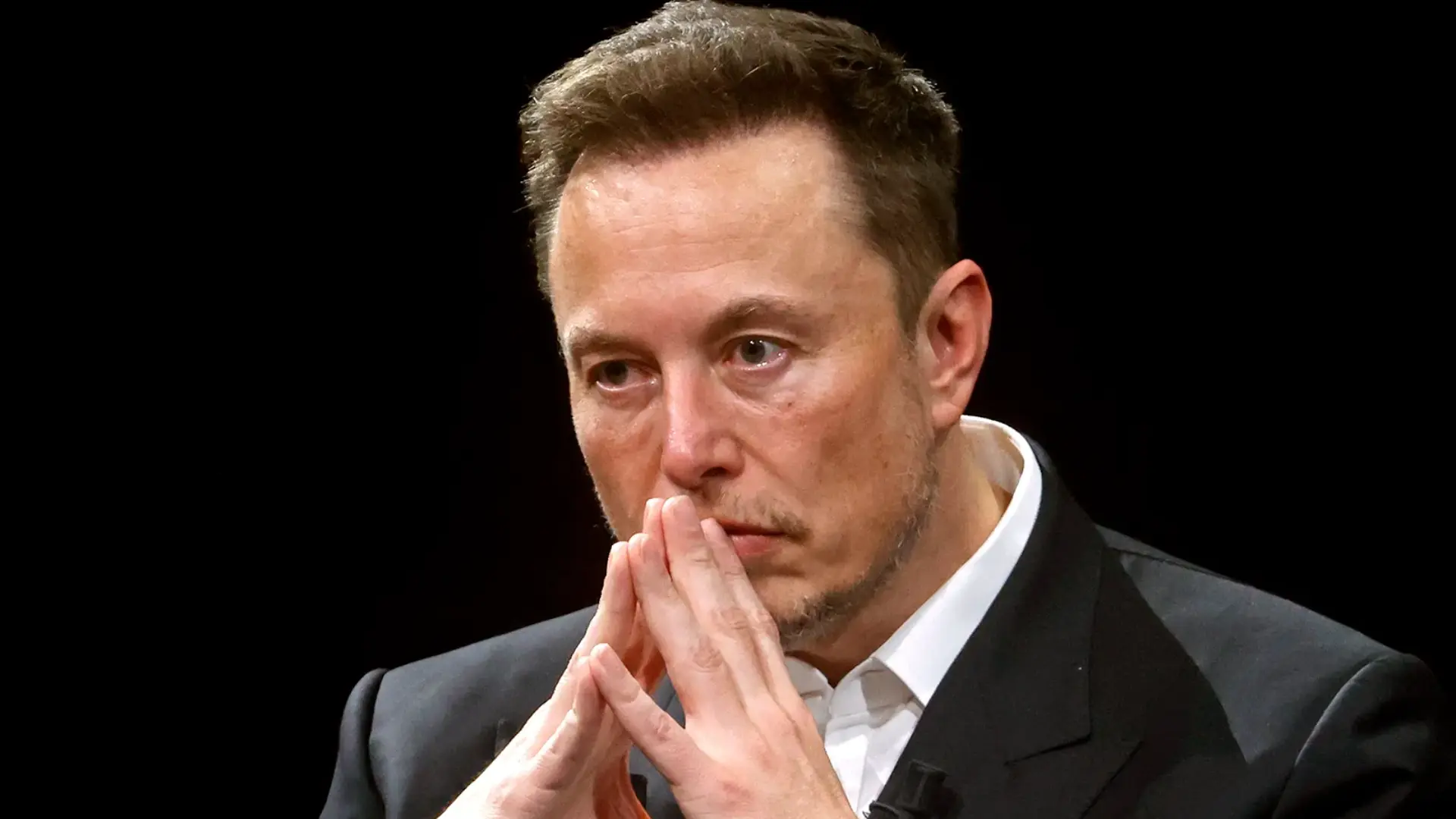French Prime Minister Michel Barnier faces a no-confidence motion introduced by lawmakers on Monday, potentially leading to the collapse of his government. The move follows his attempt to pass a controversial budget for 2025 without legislative approval.
Barnier’s proposed budget includes €60 billion ($62.8 billion) in tax increases and spending cuts, aimed at reducing the deficit to 5% in 2025 and aligning with European fiscal rules by the end of the decade.
To expedite its passage, Barnier invoked a constitutional provision that bypasses legislative approval. However, this action also triggered lawmakers’ ability to file a no-confidence motion, which opponents from both the left and far-right quickly pursued.
Left and Far-Right Opposition Unite
Mathilde Panot, a prominent left-wing lawmaker, criticized Barnier’s actions as a “power grab” and vowed to bring down his government. In a social media post, she also warned French President Emmanuel Macron, suggesting that his leadership could soon face similar challenges.
Meanwhile, far-right leader Marine Le Pen and her National Rally party have joined forces with left-wing lawmakers. Le Pen accused Barnier of failing to deliver promised changes, stating, “The French have had enough of being mistreated. Things have only worsened under Barnier.”
Despite some concessions to her party’s demands, Le Pen declared her intent to support the no-confidence motion.
A preliminary debate and vote on the no-confidence motion are expected on Wednesday. If the motion succeeds, Barnier’s government would transition to a caretaker role while President Macron appoints a new prime minister. Additionally, the proposed budget would be nullified, exacerbating concerns about France’s economic stability.
Financial and Political Implications
France’s budget deficit is projected to reach 6.1% of GDP in 2024, exceeding European Union limits. Financial markets, already uneasy about France’s fiscal discipline, have begun treating French credit as almost as risky as Greece’s.
A government collapse could deepen economic uncertainties and strain investor confidence in Europe’s second-largest economy.
Barnier, who has led a fragile coalition of centrists and conservatives since September, now faces mounting pressure from all sides. The political turmoil underscores the challenges of governing without a parliamentary majority and navigating divisive fiscal reforms.

















